Africa and the Synod. Walking Together.
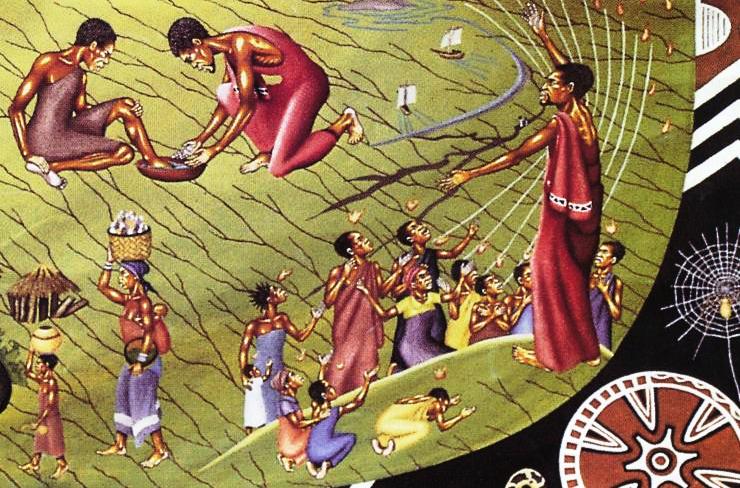
The upcoming World Synod of Bishops and its preparations in synodal processes around the world show how the signs of the times challenge the Church today in the light of the Gospel. We can no longer hide the great general problems currently shaking it.
Sr. Anne Béatrice Faye, Senegalese, a religious of the Congregation of the Immaculate Conception of Castres, reflects on the challenges of the African Church.
First of all, in these reflections of mine, I would like to make three affirmations on the synodal process of the Church in Africa. Despite all the advances, there are still clerical, patriarchal, and hierarchical imprints. The first statement is rather an admission. I must openly admit that, in certain socio-cultural contexts, it is not at all obvious to ask the question about ‘travelling companions’, as is done in preparation for the World Synod of Bishops, let alone listen to one another as equals and speak boldly to the hierarchical Church.
In the Church, God’s family in Africa, bishops, priests, faithful, religious, and young people should openly acknowledge that they are equal in the Church and that they have different opinions. Indeed, in everyday life, it is the laity and above all women who make the life of the Church progress. However, in some countries, despite evident progress, the Church still appears to be very clerical, patriarchal and hierarchical.
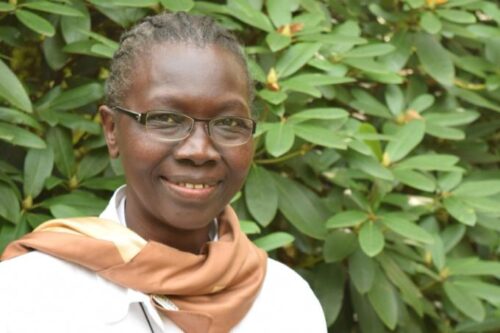
Sr. Anne Béatrice Faye, Senegalese, a religious of the Congregation of the Immaculate Conception of Castres.
Second, I realize that concern for the preservation of ecclesiastical institutions is often at odds with proclaiming the kingdom of God.
The centrality of the episcopal or priestly ministry makes coherent pastoral action possible, provided however that those in leadership positions are willing to work together when it comes to the mission of the Church. Difficulties arise when their way of leading is too focused on their person and their authority. Rather, we need to collaborate and work as a team to create a climate of openness and ‘certain spaces’ for meeting and exchanging ideas in which no one finds themselves in difficulty.My third observation concerns the synodal process itself, which has surprisingly aroused much enthusiasm and mutual openness in many local Churches.
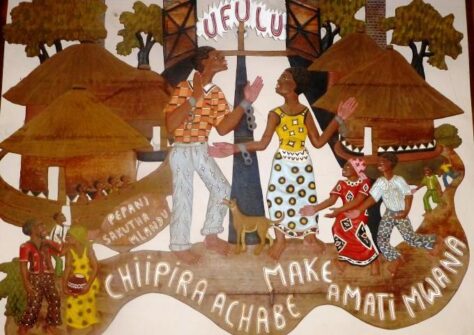
The working document for the continental stage of the World Synod of Bishops states that the method of spiritual dialogue has found wide acceptance because it has allowed many to take a clear look at the reality of the life of the Church and to call its lights and shadows by name.
Already this sincere evaluation immediately produced fruits projected towards the mission. Most of the responses emphasized that this was the first time the Church had asked people for their opinion and that she intended to continue on this path. In this regard, I quote the Bishops’ Conference of the Central African Republic: ‘We note a strong mobilization in the people of God, the joy of coming together, of walking together and of speaking freely. Some Christians, who had felt hurt and had distanced themselves from the Church, returned during
this phase of consultation’.
Listening to quiet voices
It is clear, therefore, that the synodal process in Africa can effectively contribute to greater equality within the Church. This requires the ability to radically involve all groups, a common sense of belonging and a profound acceptance of Jesus’ teaching. It is necessary to adopt an attitude of listening to the subdued voices of women, young people, children, the marginalized and the excluded.
In following the synodal path, the Church, God’s family in Africa, is particularly called to address those people who live in precarious conditions and whose voice is rarely heard because they are too far away. Although they are widely supported by Christian communities, they are rarely listened to, let alone asked for advice. This is easily explained by their condition of extreme poverty.
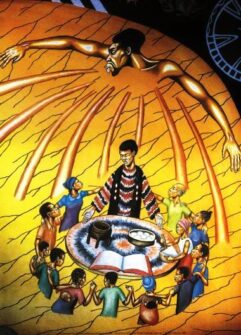
In my opinion, the debate on the abuse crisis and its systemic causes is also part of the synodal process in Africa.
In this regard, I want to avoid any misunderstanding of the meaning of the word ‘systemic’. This term does not mean, as many think, that the Church intentionally and systematically committed sexual abuse on a large scale. Rather, it refers to the fact that the Church, in general, has failed to adequately respond to the numerous, repeated and well-known cases of abuse and do what is necessary, namely, to put an end to the abuses and prevent further abuses. We can therefore speak of a systemic phenomenon due to persistent passivity, omissions, lack of vigilance, concealments, and the inability to listen to the victims.
Personally, I believe that the ability of the Church to remedy the situations that arise within her should not be questioned. For this reason, the abuse crisis and the voices of victims and survivors are at the heart of the synodal process. This is one of the signs of the times that the Church is currently facing in the light of the Gospel.
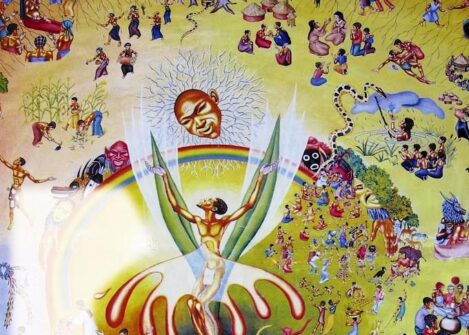
Moreover – as the working document for the continental stage of the World Synod of Bishops shows – in most of the synodal processes carried out at local and national levels, clericalism, abuse of power and sexual abuse have been identified as key factors in the perception of the Church and understood, not only by the media but by Catholics themselves.
The faithful also affirm that the Church must be freed from clericalism so that all her members – consecrated and lay – can carry out their mission together. It is clear that it is no longer possible to ignore, deny, underestimate or neglect any type of abuse: sexual, spiritual, of power or of conscience. It is rather a matter of the total disregard for human dignity.Unless the Church provides a credible answer to this problem, Catholics in many countries will increasingly question whether to stay in the Church or leave.
The vast majority of Catholics react sensitively to this crisis, but they also want to preserve the unity of the Catholic Church.
Invitation to Conversion
And so, what must be done? The Synod is a process in which the Church must listen. It should listen better to the hushed voices denouncing the prevailing clericalism, as the Report of the Central African Republic shows: “Some parish priests behave like ‘people who give orders’ and impose their will without listening to anyone. Secular Christians do not feel like members of the people of God. Initiatives that are too ‘clerical’ must be stigmatized. Some pastoral collaborators, both clerical and lay, sometimes prefer to surround themselves with those who share their opinions, keeping their distance from those who hold unfavourable or contrary beliefs.”
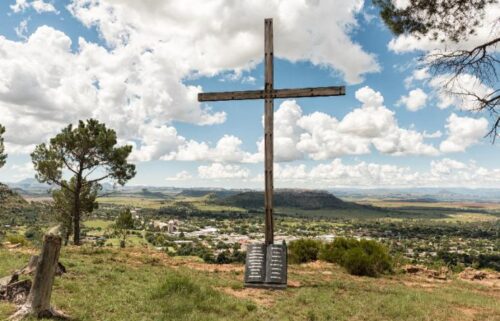
photo: 123rf
It should also be recognized that clericalism is a form of spiritual impoverishment, a loss of what consecrated ministry is really about, and that it is a culture that isolates the clergy and harms the laity. This culture separates from the living experience of God, damages fraternal relationships and favours rigidity, legalistic submission to power and the exercise of authority which becomes more power than service.
The invitation to convert to the culture of the Church for the salvation of the world is concretely linked to the possibility of anchoring a new culture with new practices and structures. One church group in the United States put it very well: “Rather than acting like bouncers trying to exclude others from the table, we need to put more effort into making sure people know that everyone here has a place and a home.”
We can therefore hypothesize a reform of the Church that will breathe new life into the existing structures. But it would be better if the Church had the courage to leave useless structures that have no future. All of this must take place in a sincere spiritual decision-making process.



